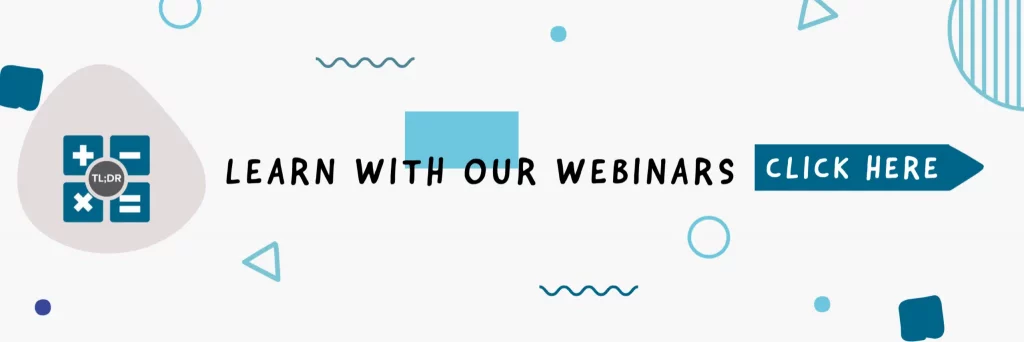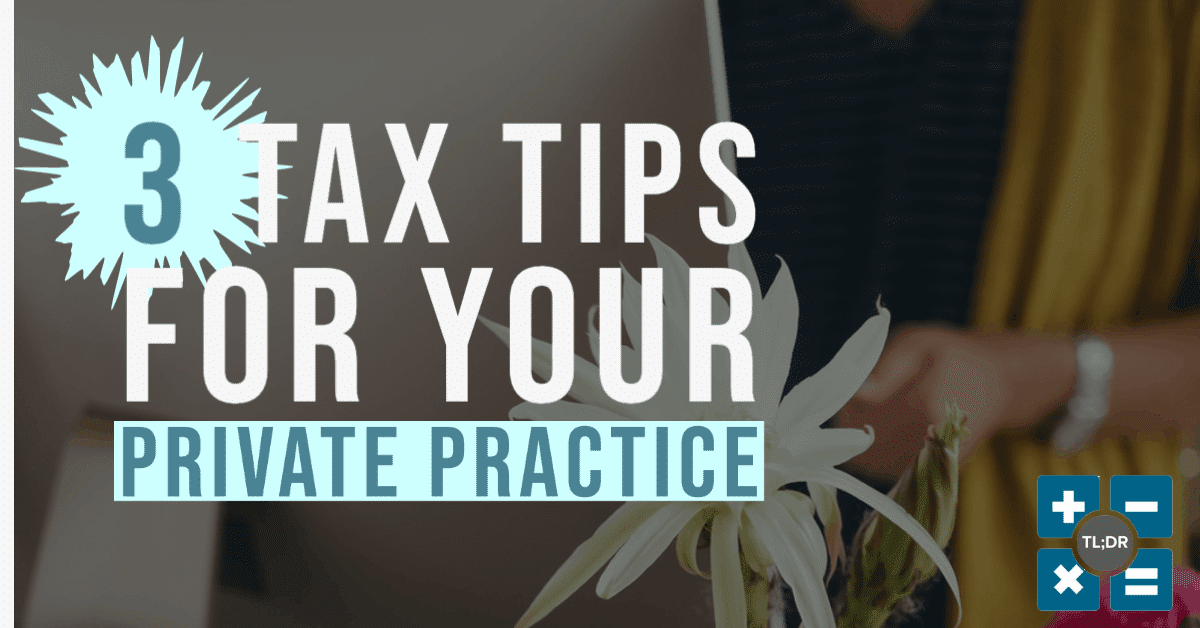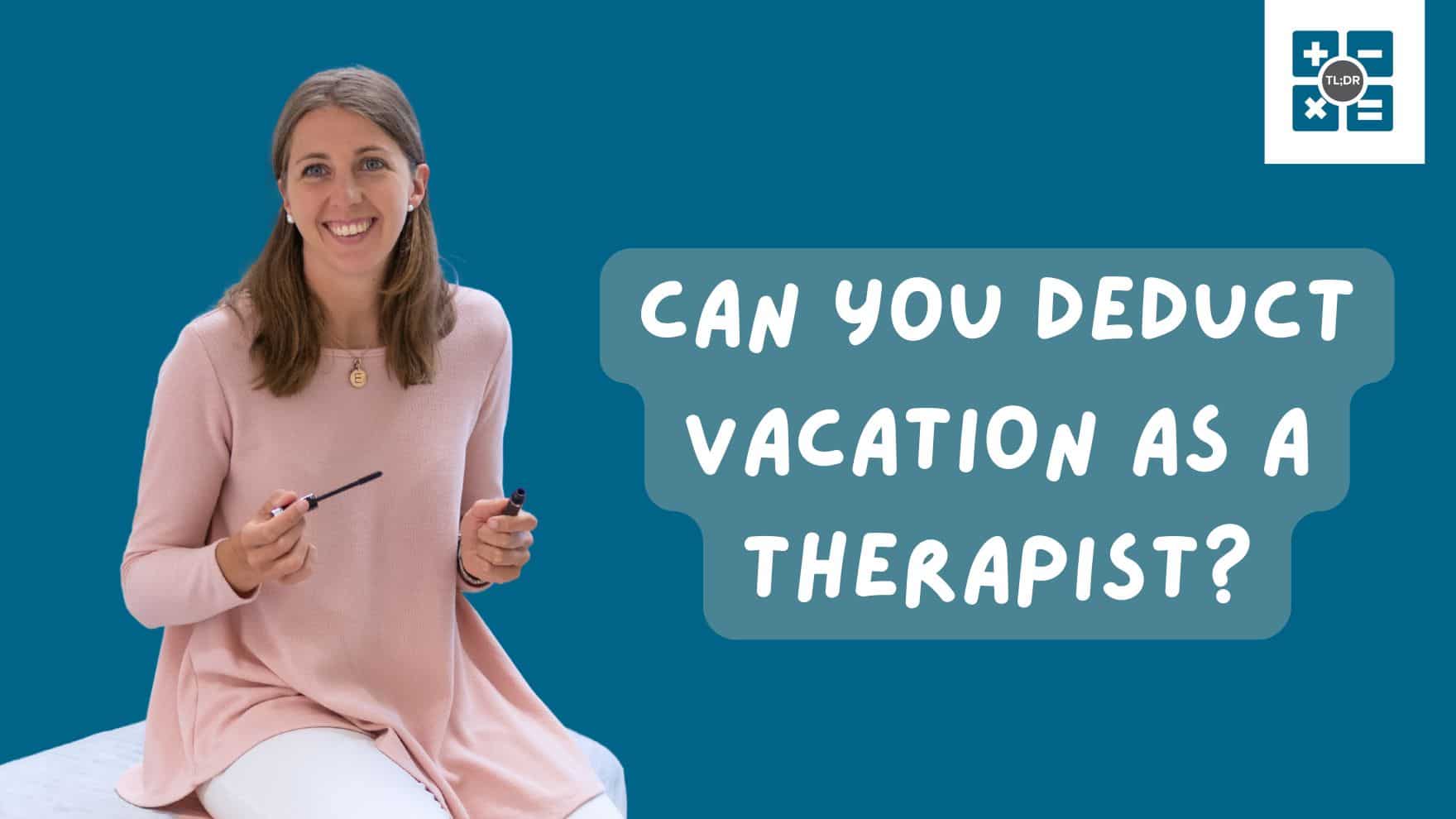Taxes get messy. As far as we at TL;DR Accounting are concerned, that is quite the understatement! While you’re free to roll up your sleeves and dig through the gunk of tax law yourself, chances are taxes aren’t your “thing” — after all, you opened a therapy practice, not a tax firm. Still, we’re happy to give you three quick tax tips that will help you save money and stave off some major headaches later on.
Tip #1: Keep Track of Your Income and Expenses
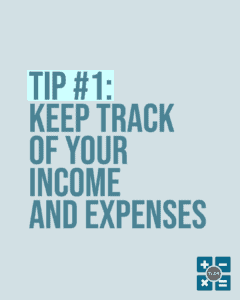
Have you been tracking the income and expenses of your therapy practice? We highly recommend that you start doing so now if you haven’t already. Our intent is not to nag you, but we want you to be successful! Out of the three tips in this article, this is the most important one.
If you’ve seen one of those hoarding reality shows on TV, you can intuitively understand that doing a little bit of time spent to maintain things every week or month will save you a lot of work compared to doing a major clean-out once in a blue moon.
If you’re not gathering up your receipts regularly, some of them might end up lost or in the trash. Even if you keep electronic records, you may lose or forget important details over time if your transactions are not organized and labeled in a timely manner. Every lost receipt is a lost tax deduction!
Do yourself a favor and use software such as QuickBooks Online to track your income and expenses, though Excel can work fine if you have very few transactions per month. If you really don’t want to do all this, then just hire someone to do it for you! You’ll thank yourself later.
Tip #2: Save 20% of Your Income for Taxes

Yes, you heard us right: We recommend that you set aside a full twenty to twenty five percent of your income to pay your estimated taxes four times per year. If you’ve heard of the popular Profit First system, author Mike Michalowicz recommends that you establish a separate savings account or sub-account just for stashing your estimated taxes. While it’s not completely necessary, this is not a bad idea.
Our point is, when you are running your own small business it can be too easy to put all your money into the same “bucket” and just pour a little here and a little there until the bucket is empty. The IRS is not known for its compassion and understanding when taxes are due and you have no cash to pay them.
Let’s face it, it’s human nature to spend money when you have it. Play it smart and put your tax money in a place you can’t easily reach.
Tip #3: Make Use of the Home Office Deduction
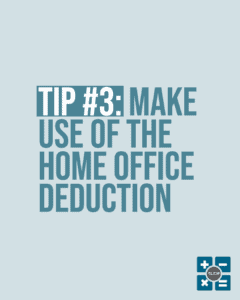
The Home Office Deduction has changed in recent years, but what hasn’t changed is that it’s still one of the best deductions for small businesses. If you’re wondering whether it’s worth keeping track of the changes, our answer is basically “yes,” although you can just have us keep track of the rules and do the calculations for you (just give us a call!).
For free, right here, we’ll give you the super short “TL;DR” version of the Home Office Deduction. You can choose one of two options:
- The Simple Option: Multiply your home office’s square footage by $5, and you’re done! You can only deduct up to $1,500 this way.
- The “Standard” Option: Tally up all the relevant expenses you have for your home and multiply them by the percentage of your home that is your home office. Add in all eligible expenses specific to only your home office at a 100% rate.
Bonus Tip: Talk to a Tax Professional Early
The best time to talk to a tax professional is yesterday. The second best time is today! Seriously, we recommend that you get in touch with a tax professional during your first year in business so that they can help you plan for your first tax season. Remember that even though your taxes are due April 15th of 2021, the activity that affects your taxes all takes place in 2020! We would love to be your tax professionals, so give us a call!
TL;DR: Your tax professional can keep track of all of the bazillions of little tax rules and deductions for you, but we highly recommend that you follow the above three tips at least. Tip #1: Tracking your income and expenses can save you loads of time and money later on. Tip #2: Saving money for taxes can ensure you’re able to pay them in full and on time to avoid penalties. Tip #3: The Home Office Deduction can reduce your tax bill significantly. Bonus Tip: Talk to your tax professional early and often. We like you and we want you to succeed!
